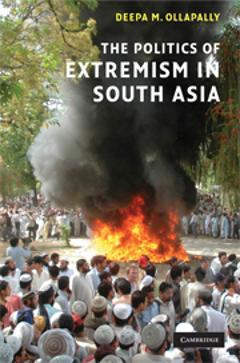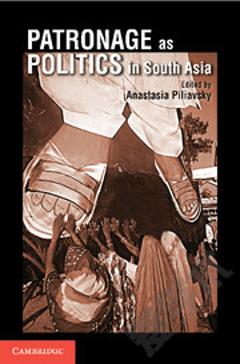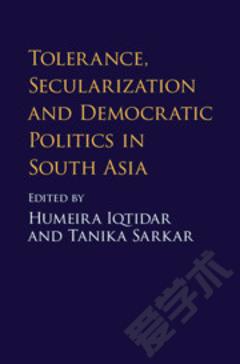Children and Violence: Politics of Conflict in South Asia
Children's diverse experiences during periods of conflict, post-conflict and peacetime reveal that their roles in society and political communities are complex. Based on this premise, this book suggests that understanding children's roles involves a critical analysis of where the child is situated within her/his family, within socio-political networks and within the state. Through examining various case studies in South Asia, a region that is marked as much by its homogeneity as by its immense diversity, the book observes that significant tensions exist between universal and local approaches to childhood. It reflects how the development of international and national discourses on children's rights and protection is relevant to children's everyday lives in situations of conflict.
{{comment.content}}








 京公网安备 11010802027623号
京公网安备 11010802027623号